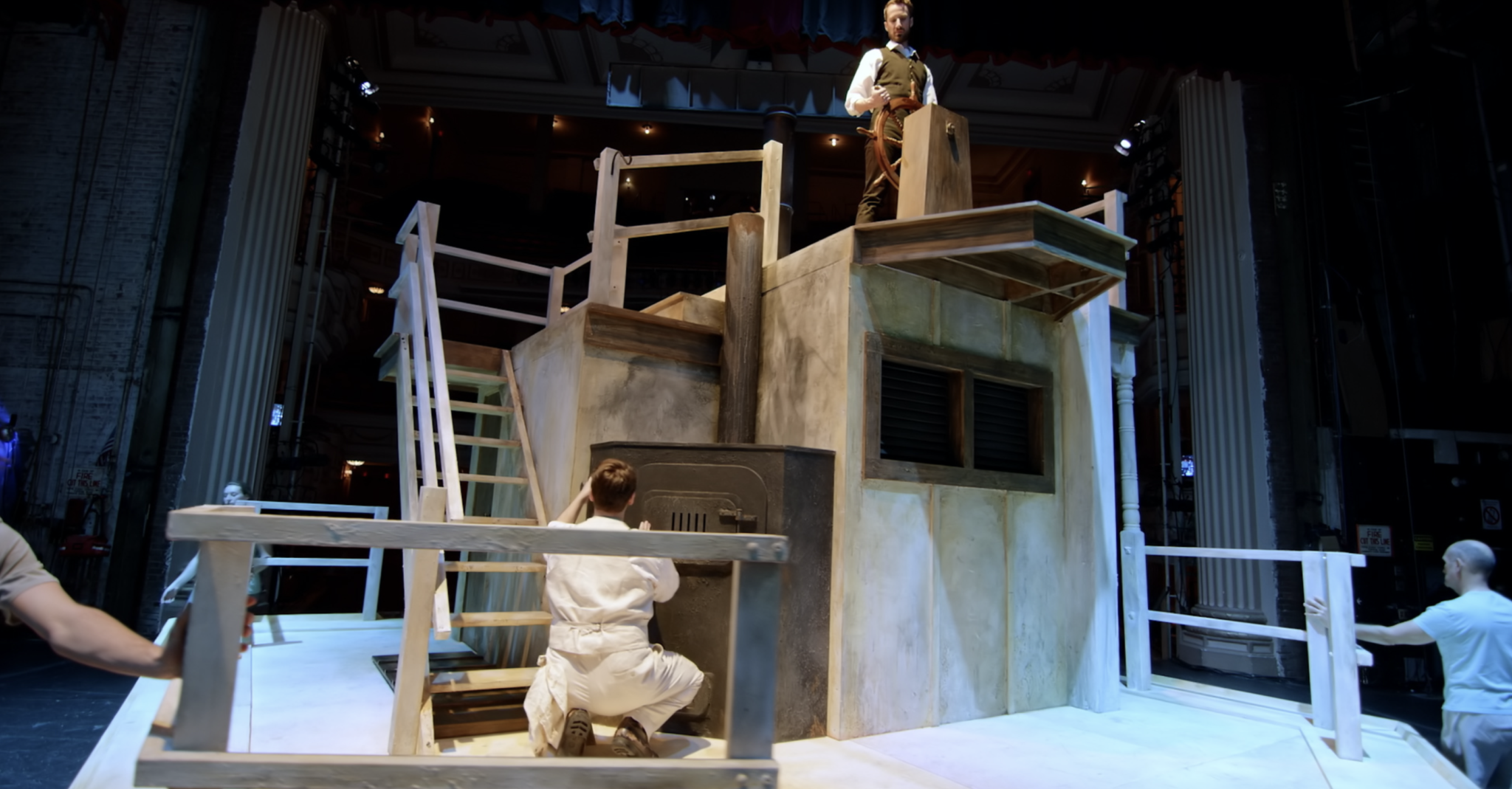
Courtesy of Katie Kelley
From Feb. 14 to 16, Yale Opera will present “Florencia en el Amazonas” in the Shubert Theatre. The opera, written by Mexican 20th-century composer Daniel Catán and librettist Marcela Fuentes-Berain, is the first Spanish-language opera performed by several major United States opera companies: the Houston Grand Opera, Seattle Opera and Los Angeles Opera. “Florencia en el Amazonas” combines magical realism with the Western European operatic tradition. The opera is in two acts and lasts around two hours.
“The language of the opera is so cogent and powerful,” said Candace Evans, the opera’s director. Yale’s version of “Florencia en el Amazonas” marks Evans’ third time directing the opera. “I adore this piece.”
The opera tells the story of famous soprano Florencia Grimaldi who undertakes return to her hometown of Manaus to sing at the opera house. Manaus is the capital of the Brazilian city of Amazonas, located in the Amazon rainforest. She hopes her performance will attract her lover, Cristóbal, a butterfly hunter who disappeared into the jungle years ago. Throughout the opera, love persists as Florencia’s main focus.
“Florencia en el Amazonas” premiered in 1996. For a modern piece, it is surprisingly tonal — Catan wrote it in a Neo-Romantic style, although a few tense moments reveal his training under serialist composer Milton Babbitt.
“There are beautiful melodies, haunting moments and themes that are recognizable,” said Christopher Franklin, who will conduct the Yale Philharmonia during the opera. Franklin emphasized opera’s accessibility to modern audiences.
Although the opera’s plot is centered around Florencia’s love story, Yale’s production of the opera highlights the Amazon forest as the central character. It emphasizes the power of nature and the relative futility of human effort. Throughout the opera, a boat sits in the middle of the stage, and members of the chorus turn the boat while the orchestra plays an interlude. The chorus portrays the water controlling the direction of the boat and its passengers.
“When the characters get on that boat, they submit to what the river will do with them,” Evans said. “In life, we go through these phases where it seems like we have no control and outside forces of the world are having their way with us, but in those times, we grow, we change, we adapt and we adjust.”
To find her love, Florencia boards a steamboat called “El Dorado,” which translates to “golden,” and embarks on a voyage down the Amazon river. The other passengers — Rosalba, Paula, Arcadio and Álvaro — are traveling to Manaus to hear her sing. For most of the opera, the other passengers do not know that Florencia is also on their boat because she has disguised herself.
“Florencia en el Amazonas” features three love stories. The first concerns Florencia and her quest to find her long-lost Cristóbal. Another follows Rosalba, a journalist writing a biography of Florencia, and Arcadio, the steamboat captain’s nephew. Rosalba must choose between focusing on her work and giving into her love. The last is between Paula and Álvaro, a bickering middle-aged couple trying to rekindle their marriage.
Soprano Nicole Leung MUS ’21, who plays Rosalba in one of the opera’s two casts, emphasized the juxtaposition of the opera’s different love scenarios.
“Everyone is experiencing love in a different way, and the inner turmoil that comes with their experiences is a common theme among all the characters,” Leung said.
Throughout the opera, elements of magical realism referencing Gabriel García Márquez’s novels “Love in the Time of Cholera’’ and “100 Years of Solitude” appear in Riolobo’s actions. Riolobo, whose name translates to “wolf river,” is a part-shipmate, part-sea creature. He bridges the real and the magical in his ability to control water and bring back the dead.
At the end of the opera, Florencia often transforms into a butterfly to signify her unity with Cristóbal, whom she never finds. Yet in Yale’s production, Florencia’s transformation is figurative to assert her individuality.
Evans hopes that this production of “Florencia en el Amazonas,” which blends Latin American and Western European influences, inspires other young composers of different backgrounds to blend sounds “indigenous to their ears” with operatic tradition.
“Any music needs reinvention,” Evans said. “We talk about opera being stuck, but it isn’t.”
Phoebe Liu | phoebe.liu@yale.edu







